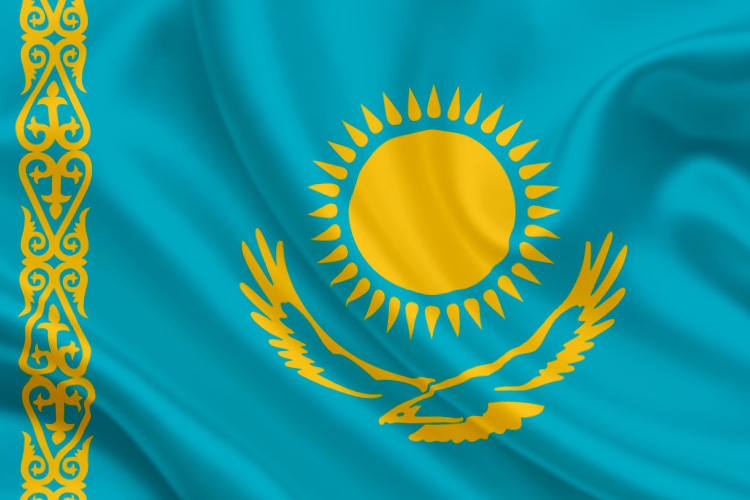
Sep 30, 2019 | Agendas, Events, Uncategorized
Today, in the framework of the EU funded project “Enhancing legal protection of migrants rights in Kazakhstan”, the Legal and Policy Resource Center (LPRC) and the ICJ began a series of three trainings linked to this issue for lawyers and civil society organizations.
Three two-day trainings on “International and national Law on the protection of migrants in legal practice” will take place from 30 September to 5 October in Nur-Sultan, Shymkent and Almaty.
The trainings will address international and national law and standards relevant to the protection of the rights of migrants, including in situations of expulsion and detention, as well as with regard to the respect, protection and fulfilment of their economic, social and cultural rights.
During the trainings, 100 attorneys and lawyers of non-governmental organizations from 10 regions of Kazakhstan will be trained.
Kazakhstan-Training-Agenda-MigrationIHRL-NurSultan-2019-engrus (download the agenda of the Nur Sultan training in Russian and English)
Kazakhstan-Training-Agenda-MigrationIHRL-Shymkent-2019-engrus (download the agenda of the Shymkent training in Russian and English)
Kazakhstan-Training-Agenda-MigrationIHRL-Almaty-2019-engrus (download the agenda of the Almaty training in Russian and English)
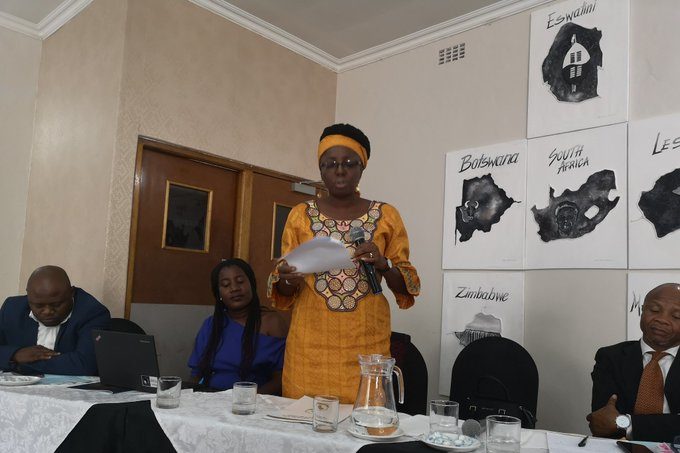
Sep 2, 2019 | News
In a statement, the ICJ, along with various other local and international civil society organizations and affected communities demand redress for forced evictions following visit of African Commission member and ICJ Commissioner Jamesina King.
On 27-28 August 2019 members of local communities who have endured or are at imminent risk of forced evictions in Eswatini met in Manzini to continue their advocacy efforts against forced and mass evictions. These stakeholders called on the responsible government authorities in Eswatini to take immediate measures to address the practice of forced evictions in violation of the right to housing.
The Eswatini land governance system fails Swazi people. Most land is held by the King in “trust”, other Swazi people live on title-deed land without formal recognition. Swazi people do not enjoy security of tenure and are vulnerable to forced evictions. Under international human rights law, forced evictions may only happen as a last resort, in terms of a court order, once all other feasible alternatives have been exhausted and appropriate procedural protections are in place.
Some participants in the workshop had previously submitted a report that documents forced evictions in Eswatini and engaged with the African Commission on Human and Peoples’ Rights (ACHPR) at its 63rd Ordinary Session in Banjul, Gambia in October 2018. As a follow-up, the community representatives invited ACHPR Commissioner Jamesina King to participate in their meeting in Manzini in August 2019.
“It is very obvious that the laws of Eswatini have to evolve to provide these communities with legal protection and to put an end to forced evictions,” Commissioner King told the communities. King also called for the government to declare a moratorium on forced evictions until laws have been enacted which provide sufficient protection for the right to adequate housing.
The meeting, which was facilitated and coordinated in partnership with the Foundation for Socio-Economic Justice, the International Commission of Jurists, Amnesty International and the Southern African Litigation Centre, was also attended by local civil society organizations, religious groups and concerned individuals. The participants also had the opportunity of engaging with the Eswatini Commission on Human Rights and Public Administration.
Participants included representatives from communities recently affected by evictions from affected communities, from Nokwane and the Malkerns. Representatives from communities facing imminent eviction in Mbondzela, Gege in the Shiselweni region, Vuvulane, Madonsa and Sigombeni also participated.
Participants demanded the following in conclusion of the engagement:
- A public, time bound commitment to a moratorium on forced and mass evictions.
- The enactment of legislation that explicitly prohibits forced and mass evictions in all circumstances and sets out safeguards that must be strictly followed before any eviction is carried out.
- The provision of reparations for those families who have already been subjected to forced evictions in the absence of sufficient legal protections.
“The ICJ sees the Minister of Justice Pholile Dlamini-Shakantu’s willingness to discuss forced evictions with Commissioner King as a welcome indication of the government’s openness to constructive input by the African Commission. It is hoped that the government takes heed of struggles of community members, and acts swiftly to put an end to forced evictions in Eswatini”, said Arnold Tsunga, ICJ’s Africa Director.
Find the full statement, which is endorsed by the Foundation for Socio-Economic Justice, the International Commission of Jurists, Amnesty International and the Southern African Litigation Centre here;
Eswatini-Swazi Government to End Forced Evictions-News-Webstory-2019-ENG
For more information contact:
Tim Fish Hodgson timothy.hodgson(a)icj.org +27 82 871 9905
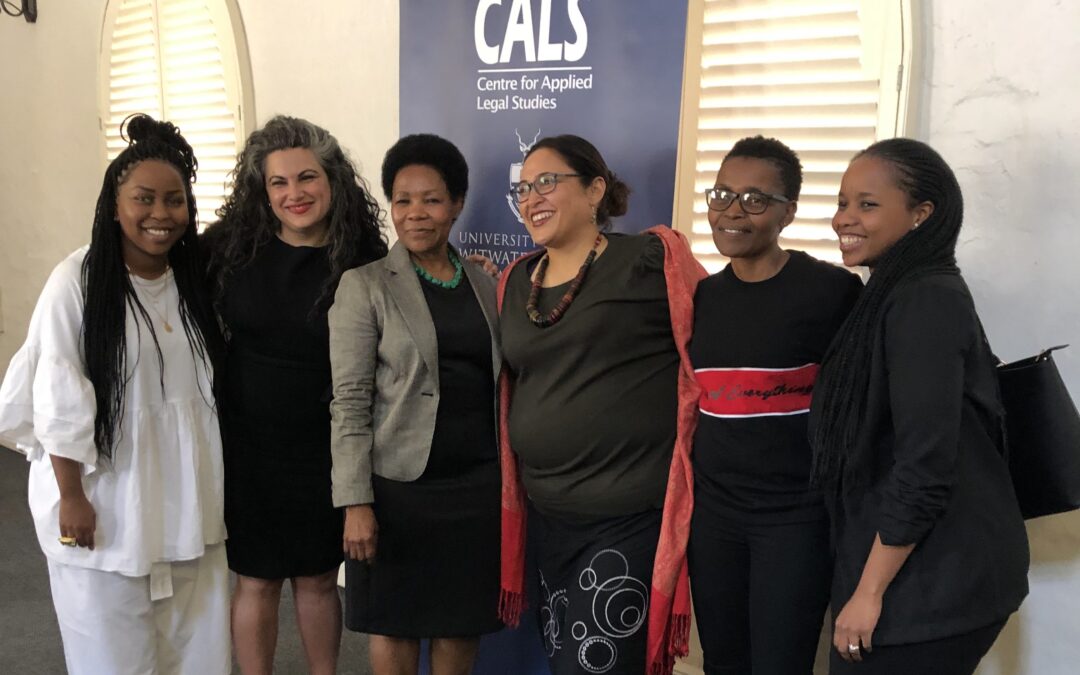
Aug 14, 2019 | News
Today, ICJ Commissioner and former Constitutional Court Justice Justice Yvonne Mokgoro delivered the Keynote Address on Women’s Socio-Economic Rights at an event organized by ICJ and the Centre for Applied Legal Studies (CALS) at the University of Witwatersrand in Johannesburg.
The event, which marked Women’s Month in South Africa, was aimed at promoting the contributions of women human rights defenders and public interest lawyers in advancing women’s socio-economic rights in South Africa.
Justice Mokgoro, the first black women Justice of the Constitutional Court of South Africa, called on human rights defenders, lawyers and judges to recommit to fighting the feminization of poverty in South Africa.
“The indignities suffered by women exposed to poverty in our country are graphic, trauma-inducing and all encompassing. The dire need of women in our patriarchal society must be addressed,” she said.
With reference to the South African Constitution, the International Convention on Economic, Social and Cultural Rights and the Convention on the Elimination of All Forms of Discrimination Against Women, Justice Mokgoro implored judges and lawyers in particular to “engender” the full range socio-economic rights by defining their content in a manner which takes into account the impact of human rights violations on women and girls.
The event featured a panel discussion , which included remarks by Tumelo Matlwa and Amelia Rawhani-Mosalakae, lawyers at CALS, who identified who a range of legal provisions and banking practices relating to matrimonial property have a disproportionate impact on women’s rights to property.
The presentation concluded that “poverty is a form of economic violence that has a disproportionate effect on women”.
Fatima Shabodien, Strategy Director at Raith Foundation, focused her presentation on sexual harassment faced predominantly by women in the public interest law sector in South Africa.
Quoting from Indian author Arundathi Roy, Shabodien observed that “there is no such thing as the voiceless only the deliberately silenced”.
Women, she added, “have not been silent in this sector they have been deliberately silenced”. She urged human rights defenders and public interest lawyers to take allegations of sexual harassment seriously.
Nonhle Mbuthuma, a community activist from the Amadiba Crisisis Committee described the difficulties of being a women human rights defender: “I am a human rights activist and it is a difficult task. You are called a lot of names for challenging the government.
All the names don’t scare me – my mother gave me only one name”, she said. Referring to a judgment of the High Court affirming her community’s right to free, prior and informed consent before the commencement of a mining development, she concluded: “I am very proud of the Constitution and judges who said we have the right to give consent to [whether] mining [can take place]. Not the government or big companies. The people.”
She emphasized that women were, and continue to be, at the forefront of the struggle for access to land in South Africa.
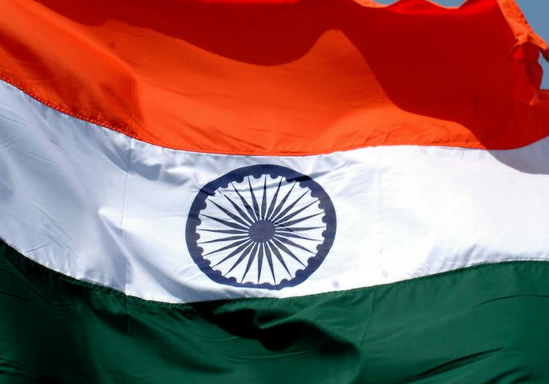
May 20, 2019 | Advocacy, News
The ICJ has made a submission to Ms. Karima Bennoune, the United Nations Special Rapporteur in the field of cultural rights (“Special Rapporteur”) in response to a call for submission, in advance of her forthcoming report to the General Assembly on how actors from across the cultural ecosystem access and use public spaces and the impact this has on their cultural rights.
ICJ’s submission draws on its ongoing work on the human rights of LGBTQ persons in India and includes findings from the ICJ’s forthcoming report on the rights of LGBTQ persons in the home, at work and in public spaces. The ICJ, concludes that LGBTQ persons’ rights to adequate housing, decent work, and equal access to public spaces are frequently violated throughout India.
The interviews conducted by the ICJ reveals that LGBTQ persons have challenges in accessing a variety of public spaces including streets, public transport, sanitation facilities, cultural and religious events, parks and shopping malls, challenges which are not faced by, or not faced in the same way by, non-LGBTQ persons. The ICJ submits that these findings are in contravention of Indian constitutional law and international human rights law.
Read the full submission here.
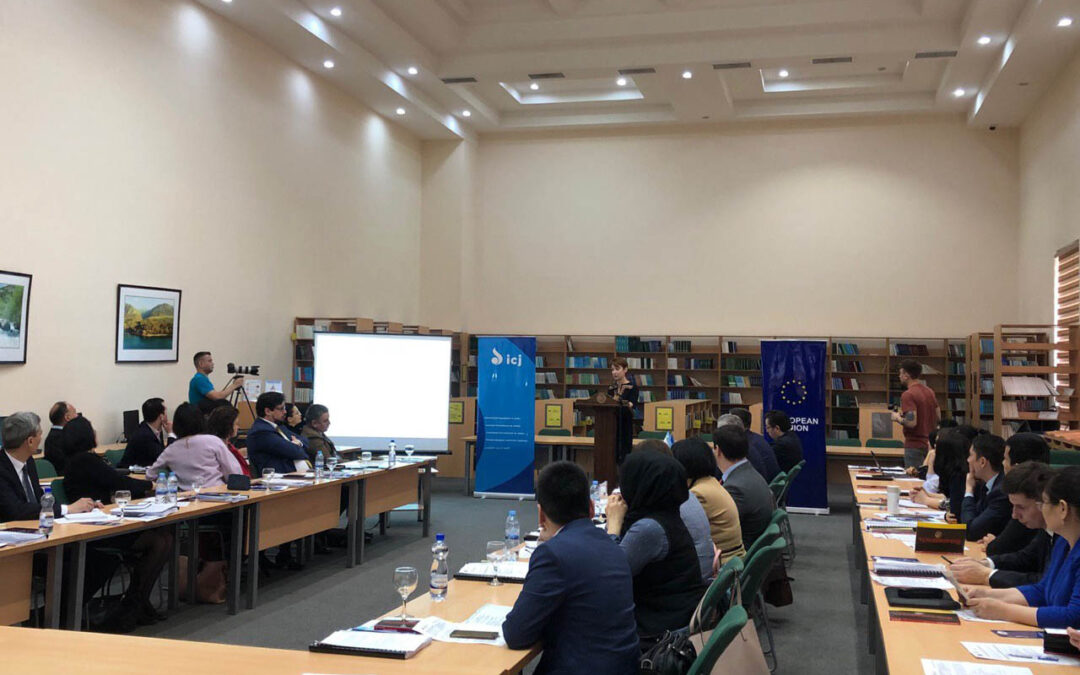
Mar 12, 2019 | Multimedia items, News, Video clips
Today, the ICJ and the Tashkent State University of Law (TSUL) in partnership with the UN Human Rights Office in Central Asia are organizing this event. The topic of the Third Expert Discussion is rights of persons with disabilities.
The Expert Discussions are part of “Access to Justice in Economic, Social and Cultural Rights Project (ACCESS)” supported by the European Union.
The Expert Discussions are aimed at increasing awareness about the implementation of international law and standards on ESC rights by national courts, to facilitate access to justice in relation to ESC rights and effective use of international human rights law for ESC rights at the national level.
Each Expert Discussion is supported by presentations of international and national experts.
The first experts’ meeting was held in September 2018 on international standards in labour rights, and the second meeting – held in December 2018 – on the principle of non-discrimination in courts and court decisions.
The two events brought together lawyers, defense lawyers, individual experts, academia representatives and law students via interactive discussions, research papers, peer review articles and policy papers. Selected papers will be published in collection of scientific articles by the end of 2019.
Mansurkhon Kamalov, the Deputy Rector of TSUL, said: “We have already held two expert discussions on the right to work and the principle of non-discrimination in courts together with the ICJ with the support of the European Union. Each event touched upon international and national standards and legal regulation of specific ESC rights. Our meeting today is organized on the eve of celebrating the day when independent Uzbekistan became a full member of the UN; and it raises a very relevant topic not only for the country, but also for the international community as a whole. The TSUL is pleased to cooperate with the ICJ, which helps increase public awareness about international legal norms and standards in the field of ESC rights and practice of their implementation at the national and international level; access to justice with regard to ESC rights, as well as the effective use of international human rights law to protect these rights at the national level.”
Ryszard Komenda, Head of the UN Human Rights Office in Central Asia, said: “Today, about 10 per cents of the population are persons with disabilities. Persons with disabilities are the largest minority in the world. This figure is constantly increasing as a result of demographic growth, progress in healthcare systems, and the overall population aging patterns, according to WHO’s world data. In the framework of the Universal periodic review (UPR) of Uzbekistan, that was held for the third time in May 2018, a number of the UN Human Rights Council members called on Uzbekistan to ratify the Convention on the Rights of Persons with Disabilities and welcomed measures that have been already in the process of implementation with the aim to ensure the rights of persons with disabilities in the country. According to the UPR outcome document, the Republic of Uzbekistan accepted relevant recommendations and declared its intention to ratify the Convention. Ratification of the Convention on the Rights of Persons with Disabilities will be a significant step in further promoting and ensuring implementation of international human rights standards in the Republic of Uzbekistan.”
Dmitriy Nurumov, ICJ Legal Consultant, said: “Access to justice, which includes a fair trial and equality before the law, is of particular importance for people living with a disability, who often face inter-sectional and multiple barriers to access justice. The ICJ believes that inclusive societies in which all individuals have equal access to justice, require identifying and overcoming systemic and practical barriers that hamper equal access to justice, including in enjoyment of ESC rights. The ICJ hopes that today’s discussion will map out such existing barriers and the ways they can be overcome.”
Contact:
Dilfuza Kurolova, ICJ Legal consultant, t: +998 90 9050099 ; e: dilfuza.kurolova(a)icj.org
Watch the video here:









